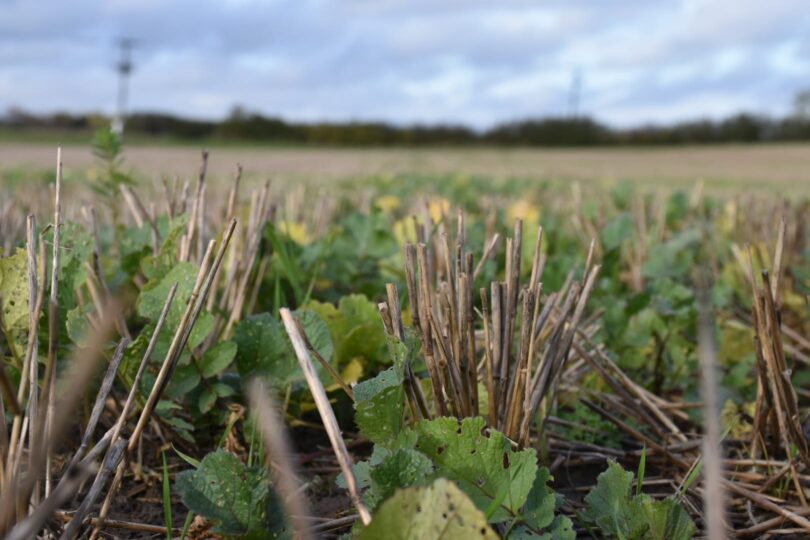Twenty innovative farmers in the East Riding area will be planting ‘pop-up rainforests’ in a bid to improve soil quality (part of World Soil Day) in the region, reduce nutrients entering watercourses, as well as slowing the flow of rainwater to reduce flooding risks.
The project is the latest collaboration between agricultural consultancy Future Food Solutions and utility company Yorkshire Water and follows the success of four other Sustainable Landscapes programmes around Yorkshire.
The creation of this new group of 20 farmers means more than 50,000 hectares of Yorkshire farmland is now managed using regenerative agriculture techniques. The longer-term improvement to water quality in the county, will in time reduce the need for costly treatments by Yorkshire Water.
The programme involves each farmer growing a minimum of 10 hectares of cover crops – dubbed ‘pop up rain forests’ – each year within their standard rotations, sequestering atmospheric carbon, increasing soil organic matter (SOM), and improving the land’s capacity to hold water.
This means that fertiliser applications, particularly nitrogen, will be held in the soil profile rather than leaching off into watercourses. The improvements this method gives to soil structure also means the land can hold more water, resulting in reduced flood risk during heavy rainfall. Equally, the water held in the soil protects crops during drought.
The project is funded by Yorkshire Water and delivered by Future Food Solutions, a consultancy specialising in making food supply chains more sustainable, from farmer through to consumer.
Andrew Walker, Yorkshire Water’s catchment strategy manager, said: “We’ve seen from the four previous trials of this programme, that growing cover crops has a significant benefit to soil health and water quality. Increasing soil organic matter is one of the most effective ways of combating the major environmental issues we face today.
“We’re pleased to continue our partnership with Future Food Solutions and extending the initiative to a new group of innovative farmers in the East Riding area.”
Previous trials also funded by Yorkshire Water show that growing cover crops can increase above-ground biomass by up to 40 tonnes per hectare and that just a one per cent rise in SOM enables a hectare of land to absorb an extra 240 tonnes of water.
As the trials have indicated significantly more than this – doubling SOM from 3.0 percent to 6.0 percent over five years is achievable. The Sustainable Landscapes East Riding Programme will give Yorkshire farmers the opportunity to illustrate the leading role they can have in mitigating climate change.
Steve Cann, Director Future Food Solutions said, “Our journey on the Sustainable Landscapes programme with Yorkshire Water has been a real collaboration. Farmers have been encouraged to be innovative, then share technical gains with their peers. It has been excellent engaging with a progressive utility company who recognise the value of working in partnership with their stakeholders.”







